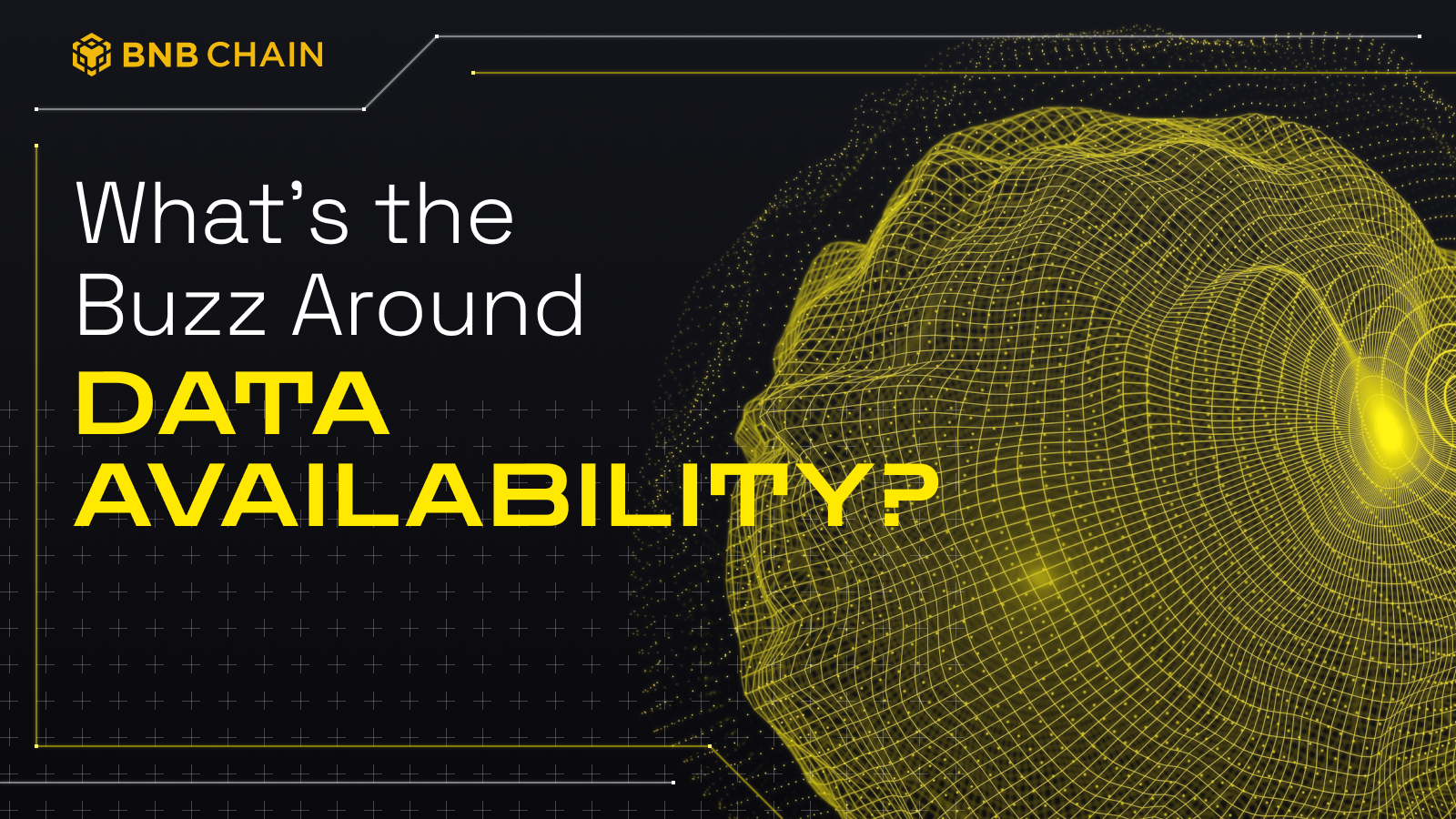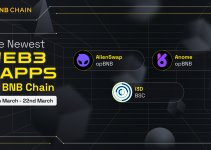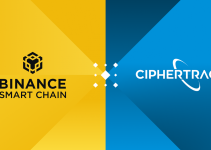Table of Contents

In the world of blockchain technology, data availability is a critical factor that directly impacts the integrity, reliability, and security of decentralized networks. It refers to the accessibility and verifiability of data stored on the blockchain, ensuring that all participants can access and validate the information. As the blockchain ecosystem continues to evolve, the need for robust data availability mechanisms becomes increasingly apparent.
This blog explores the significance of data availability and its impact on blockchain systems. We will delve into the challenges associated with data availability, the potential risks of insufficient data verification, and how innovative solutions like BNB Greenfield are revolutionizing the field by providing a decentralized storage solution.
Data availability is fundamental to the functioning of blockchain networks. It ensures that all participants have access to the necessary data to validate transactions, execute smart contracts, and maintain consensus. Without reliable data availability, the entire system becomes vulnerable to various attacks, such as malicious actors withholding critical information or publishing incomplete data.
In a blockchain network, each participant relies on the data published by others to verify the integrity of the system. Data availability ensures that the blockchain operates as a decentralized and transparent ledger, where all transactions and states can be audited by any participant. It also enables the creation of fraud proofs, which help identify invalid blocks and maintain the integrity of the network.
Risks Associated with Data Unavailability
Data unavailability poses significant risks to blockchain networks. If a participant cannot access the complete data required for verification, it becomes difficult to validate transactions and ensure the accuracy of the blockchain. Incomplete or unavailable data can lead to forks in the blockchain, where different participants have different versions of the ledger.
Data unavailability also creates opportunities for malicious actors to manipulate the blockchain. By selectively withholding data, an attacker can disrupt the network, compromise the integrity of transactions, or even cause a denial-of-service (DoS) attack. Additionally, unavailability of data can hinder important functionalities such as cross-chain swaps or coin-for-data trading, which rely on publicly accessible information.
Innovative Solutions for Data Availability
To address the data availability problem, researchers and developers have proposed several innovative solutions. One approach involves utilizing erasure codes, which allow data to be expanded into a larger set of chunks, where any subset of those chunks can be used to recover the original data. By committing to the Merkle root of the erasure coded data, participants can probabilistically verify the availability of the majority of the data. This approach enhances data availability assurance, but challenges remain in dealing with attacks that selectively withhold small amounts of data.
Proofs of proximity (PoPs) provide another avenue for ensuring data availability. PoPs are short proofs added to Merkle roots, probabilistically demonstrating that a large percentage of the data in the Merkle tree is close to a low-degree polynomial. Participants can verify these proofs and randomly sample branches of the tree to confirm the availability of data. However, scalability concerns arise when dealing with large volumes of data.
Moreover, advanced cryptographic techniques such as Succinct Non-interactive Arguments of Knowledge (SNARKs) and Scalable Transparent Arguments of Knowledge (STARKs) offer promising solutions. These techniques enable the creation of succinct proofs that the Merkle root was constructed correctly and that state transitions within the block are valid. By employing recursive STARKs and collaborative generation of erasure coded data, these approaches enhance data availability while ensuring scalability and fault identification.
Wrapping up
Data availability is a critical aspect of blockchain technology, ensuring the integrity, security, and transparency of transactions. Challenges associated with data unavailability can lead to forks, disruptions, and vulnerabilities within the blockchain network. However, innovative solutions such as erasure codes, proofs of proximity, and advanced cryptographic techniques offer potential remedies to address the data availability problem.
While these solutions show promise, further research and development are necessary to achieve optimal scalability, fault identification, and robustness. By continuously improving data availability mechanisms, blockchain networks can enhance their reliability and trustworthiness, enabling a wide range of applications across industries.
As blockchain technology continues to evolve, addressing the data availability challenge will remain a key focus area. Emphasizing data accessibility and availability is crucial for ensuring the long-term success and widespread adoption of blockchain systems, empowering users with secure and reliable decentralized transactions.
If you’re interested in exploring decentralized storage solutions that address the data availability problem, we encourage you to check out BNB Greenfield.
BNB Greenfield is a decentralized storage platform that offers a secure and efficient way to store and retrieve data on the blockchain. By leveraging innovative technologies such as erasure codes and fraud proofs, BNB Greenfield provides a reliable and scalable solution for data availability. Visit our Greenfield website to learn more about how they are revolutionizing the storage industry and contributing to the advancement of blockchain technology.


